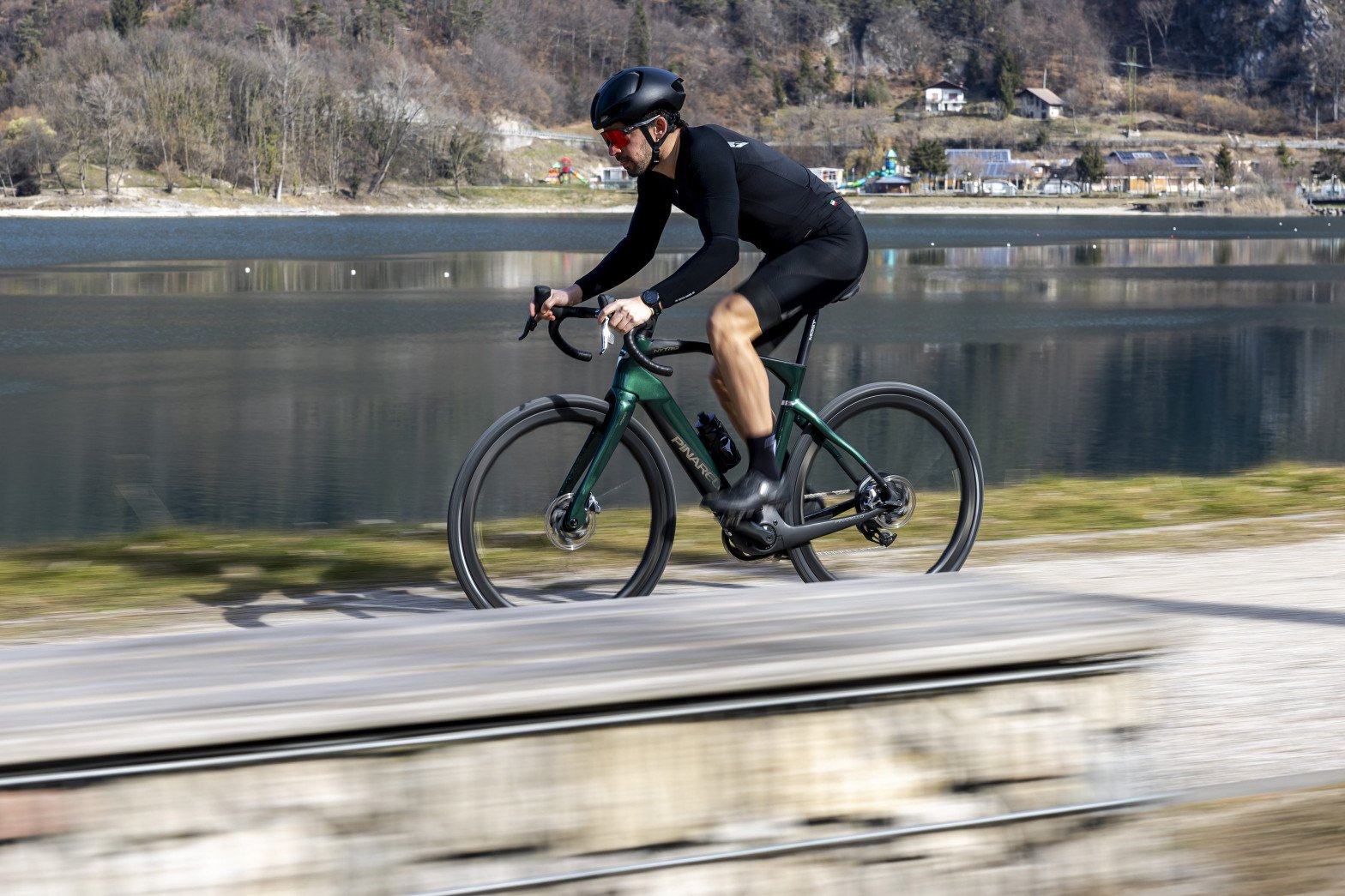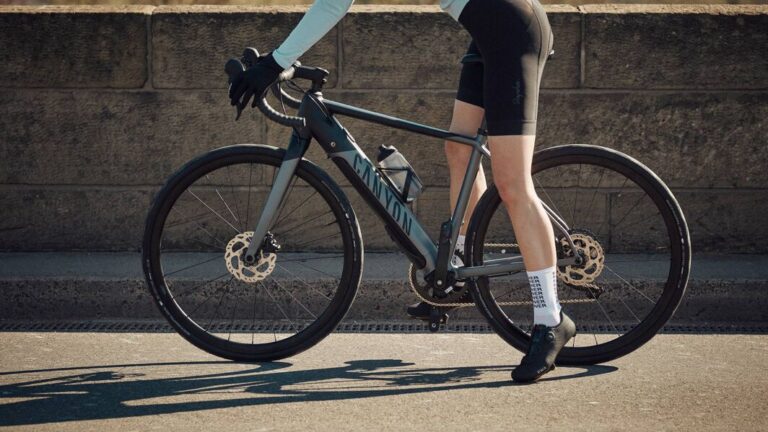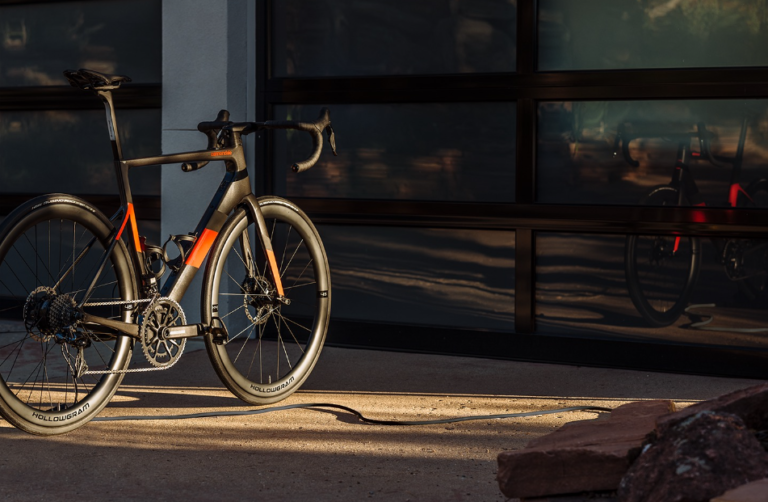Embarking on the Journey: Choosing the Right Road E-Bike Frame Material
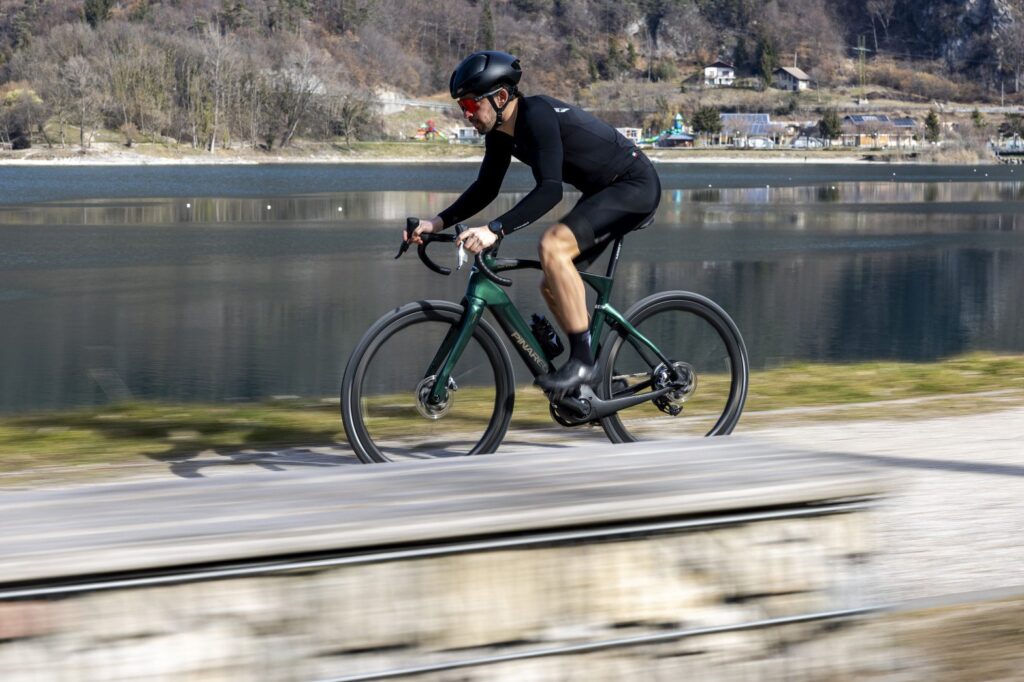
Key Point Summary of Choosing the Right Road E-Bike Frame Material:
- Frame Material Choices: The primary contenders for road e-bike frames are carbon and aluminum, each with unique attributes.
- Carbon Frames: Offer lightweight and vibration-damping properties for a smoother ride but come at a higher cost.
- Aluminum Frames: Known for their durability and more affordable price point, aluminum frames provide a stiffer ride.
- Durability Considerations: With the added weight and dynamics of an e-bike, choosing a frame that can withstand the extra demands is crucial.
The evolution of cycling has brought us to the era of e-bikes, a revolution that marries traditional cycling’s essence with the innovation of electric power. As a masters cyclist with decades of experience across various disciplines—mountain biking, gravel grinding, cyclocross, and now the burgeoning world of road e-bikes—I’ve witnessed first-hand the transformative power of these machines. Between the classic debate of carbon versus aluminum and considerations of durability, this choice shapes your ride’s feel, performance, and longevity. Let’s delve into this pivotal decision-making process.
Carbon Versus Aluminum: The Heart of the Matter
The choice between carbon and aluminum for a road e-bike frame isn’t merely a matter of budget; it’s about understanding what each material can offer to your riding experience and how it aligns with your cycling goals.
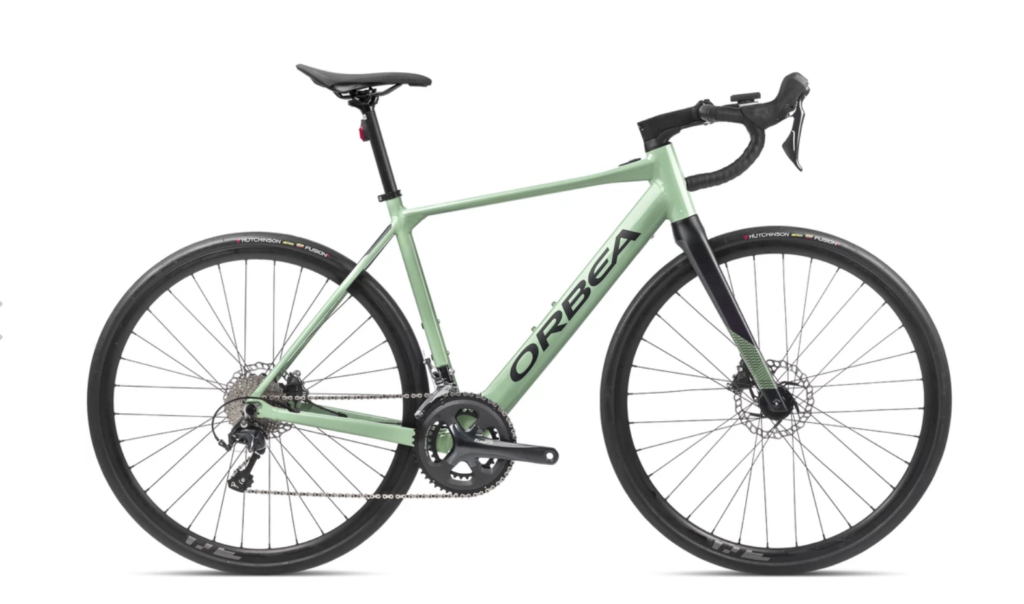
Carbon: The Smooth Operator
Carbon fiber, with its high stiffness-to-weight ratio, has long been lauded for its ability to provide a ride that’s both lightweight and compliant. The material’s natural vibration-damping capabilities make it an excellent choice for road e-bikes, where the goal is often to achieve a comfortable ride over varying surfaces. Moreover, carbon allows for more intricate frame designs and shapes, which can be optimized for aerodynamics and integrated seamlessly with e-bike components.
However, carbon’s superior qualities come at a premium, making it the more expensive option. Additionally, while modern carbon frames are robust, they can be more susceptible to damage from impacts or crashes, which may be a consideration for riders who frequent rougher roads or seek durability to match their e-bike’s longevity.
Aluminum: The Resilient Workhorse
Aluminum frames have stood the test of time, offering a blend of durability, affordability, and performance. While not as light as carbon, aluminum’s strength and resistance to fatigue make it a solid choice for the added weight and torque of an e-bike. Modern aluminum frame technology has also seen significant advancements, with hydroforming techniques creating frames that are lighter and more comfortable than ever before, narrowing the comfort gap to carbon.
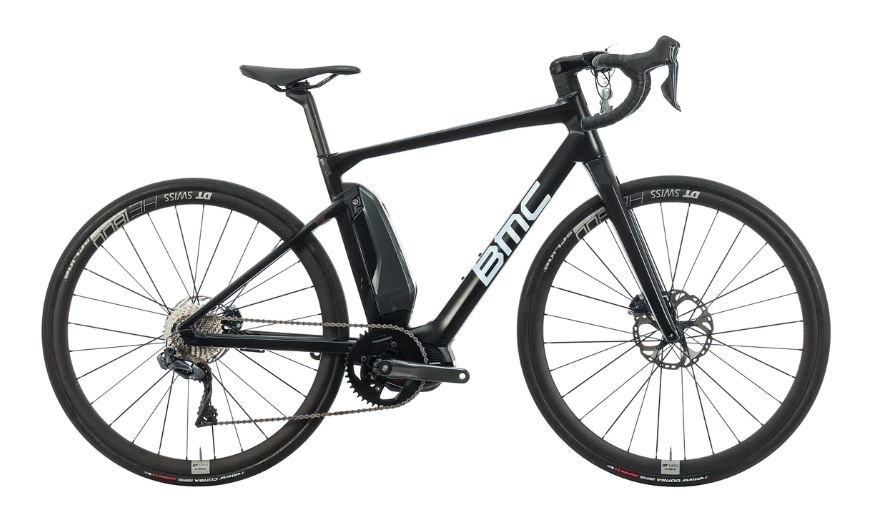
The more forgiving price point of aluminum frames makes road e-bikes more accessible to a broader range of cyclists, without a substantial sacrifice in performance or ride quality. For those valuing practicality and durability alongside the benefits of electric assist, aluminum presents a compelling case.
Durability: A Key Consideration for E-Bikes
When selecting a frame material for a road e-bike, it’s essential to consider the unique demands placed on the frame by the electric components. The motor and battery add weight and create forces not typically encountered on traditional bikes, making frame durability a paramount concern. Both carbon and aluminum frames can be designed to meet these demands, but the choice may come down to how you value the trade-offs between weight, comfort, and cost.
Wrapping Up
Choosing the right frame material for your road e-bike is a decision that extends beyond the technical specifications—it’s about finding the material that resonates with your riding style, aspirations, and how you envision your journey on the road. Whether you’re drawn to the refined performance of carbon or the rugged reliability of aluminum, your choice will lay the foundation for countless miles of electric-assisted cycling adventures. As the landscape of road e-biking continues to evolve, so too will our understanding and appreciation of what these materials can offer, guiding us toward a future where the joy of cycling is enhanced, not defined, by the technology we ride.
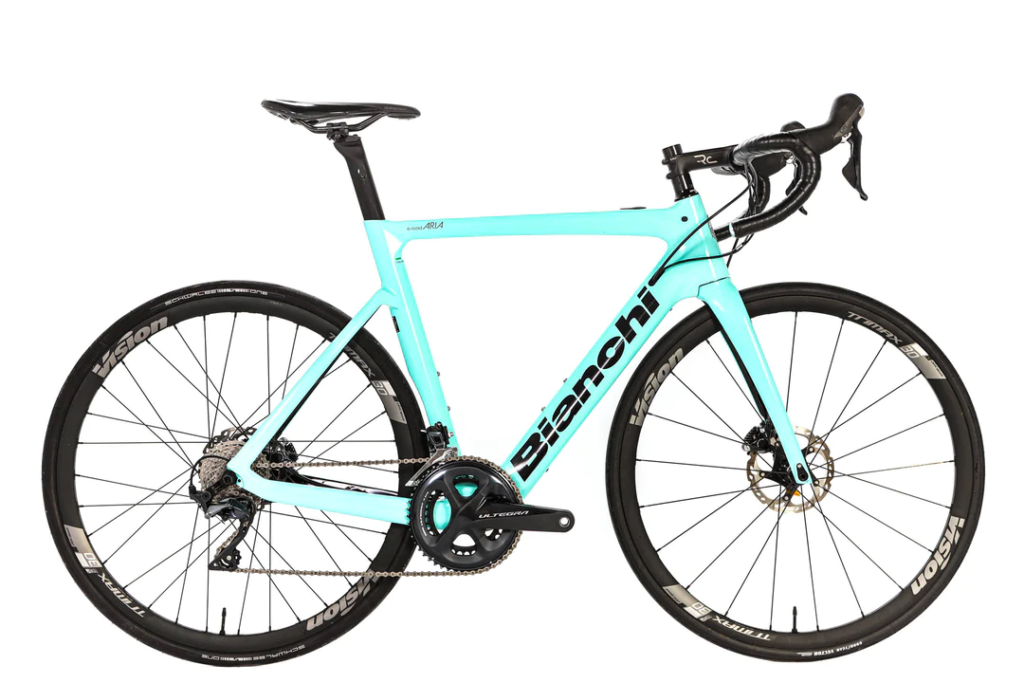
Choosing the best road e-bikes involves considering factors like performance, comfort, battery life, and overall value. Here are some top contenders known for their quality and innovation in the road e-bike category:
- Specialized Turbo Creo SL: This e-bike stands out for its lightweight design, powerful and smooth motor, and impressive range. It’s built for both endurance and speed, making it a favorite among road cyclists looking for an electric boost without compromising on the traditional road biking experience.
- Trek Domane+ LT: The Domane+ LT features a sleek design with a hidden battery and a Fazua motor that provides a natural riding feel. It’s praised for its comfort over long distances, thanks to Trek’s IsoSpeed decoupler, and its ability to blend in with non-electric road bikes in both looks and performance.
- Cannondale Synapse Neo: With a focus on comfort and versatility, the Synapse Neo is equipped with a Bosch motor and offers a stable, smooth ride. It’s designed to handle a variety of road conditions, making it a great choice for riders looking to explore beyond smooth asphalt.
Each of these models represents the pinnacle of current road e-bike technology, offering a blend of efficiency, design, and cycling pleasure. Whether you’re after the lightest frame, the most discreet motor system, or the longest battery life, there’s likely a road e-bike that meets your needs. Remember to consider how you plan to use the bike, as well as any specific features you value most, when making your decision.
FAQ
What is the best frame for an e bike?
Aluminum is considered the optimal frame material for e-bikes, offering a strong, durable, and cost-effective solution to accommodate the extra weight and forces of an electric motor and battery.
What is the best material to make a bike frame?
For traditional bikes, carbon fiber is often considered the best material due to its lightweight, stiffness, and vibration damping properties, making it ideal for high-performance and comfort.
Which is better carbon or titanium bike frame?
Carbon is better for achieving the lightest weight and highest stiffness, ideal for racing and performance-oriented bikes. Titanium offers exceptional durability, a smoother ride, and a unique aesthetic but usually at a higher cost. The choice between them depends on personal preference for weight, ride quality, and budget.
